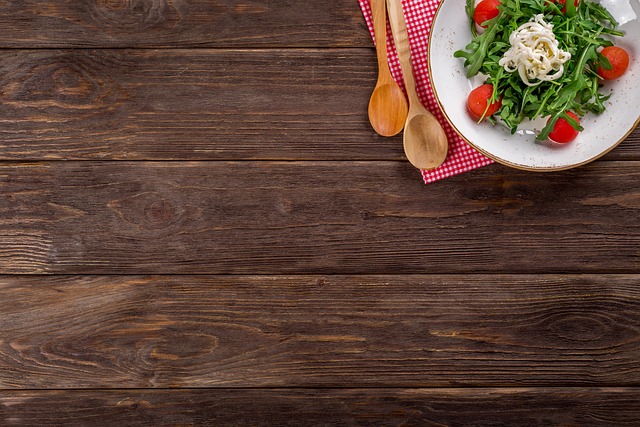As a responsible pet owner, providing your bird with a balanced diet is crucial for their overall health and well-being. A well-balanced diet can help prevent various health problems, promote healthy weight management, and even strengthen the bond between you and your feathered friend.
A balanced diet for birds consists of a variety of foods that provide essential nutrients, vitamins, and minerals. The type and amount of food your bird needs will depend on their species, age, size, and activity level.
Here are some key points to consider when maintaining a balanced diet for your pet bird:
- Offer a variety of foods: A diverse diet that includes a mix of fruits, vegetables, grains, and proteins will provide your bird with the necessary nutrients.
- Provide fresh water at all times: Ensure that your bird always has access to clean, fresh water to stay hydrated and prevent dehydration.
- Limit treats and snacks: Treats and snacks can be high in calories and sugar, so limit their intake to avoid overfeeding and promote healthy weight management.
- Consider your bird’s life stage: Different life stages require different nutritional needs. For example, chicks need more protein than adult birds.
- Choose the right pellets: Pellets can provide essential nutrients, but choose a high-quality pellet that meets your bird’s nutritional needs and is formulated for their specific species.
- Add fresh foods daily: Fresh fruits and vegetables can add variety to your bird’s diet and provide important vitamins and minerals.
- Be aware of allergies and sensitivities: Some birds may have allergies or sensitivities to certain foods, so monitor your bird’s behavior and adjust their diet accordingly.
Here are some tips for preparing healthy meals for your pet bird:
- Wash your hands thoroughly before handling food: Ensure that all utensils and surfaces are clean to prevent the spread of bacteria and disease.
- Use fresh, organic ingredients whenever possible: Fresh fruits and vegetables can provide important vitamins and minerals, while organic options can reduce the risk of pesticide exposure.
- Avoid giving human food: Human food can be high in calories, sugar, and unhealthy fats, so avoid giving it to your bird as a treat or snack.
- Offer foods that mimic their natural diet: If possible, offer foods that are similar to what your bird would eat in the wild, such as seeds, nuts, and fruits.
- Rotate foods regularly: Changing up your bird’s diet can help prevent boredom and ensure they receive a balanced mix of nutrients.
By following these tips and providing a well-balanced diet, you can help keep your pet bird happy, healthy, and thriving. Remember to always consult with a veterinarian or experienced bird breeder for personalized advice on maintaining a balanced diet for your feathered friend.
Some common health issues that can arise from poor nutrition include:
- Malnutrition: A lack of essential nutrients can lead to malnutrition, which can cause a range of health problems.
- Dehydration: Inadequate water intake can lead to dehydration, which can be life-threatening in birds.
- Bacterial infections: Poor diet and hygiene can increase the risk of bacterial infections, such as psittacosis.
- Pelvic abscesses: A poor diet high in protein and fat can lead to pelvic abscesses, which are painful and potentially life-threatening.
By providing a balanced diet and following these tips, you can help prevent these health issues and keep your pet bird happy and healthy for years to come.
tags: maintaining-a-balanced-diet-for-your-pet-bird, pet-bird-care, bird-nutrition, avian-health

